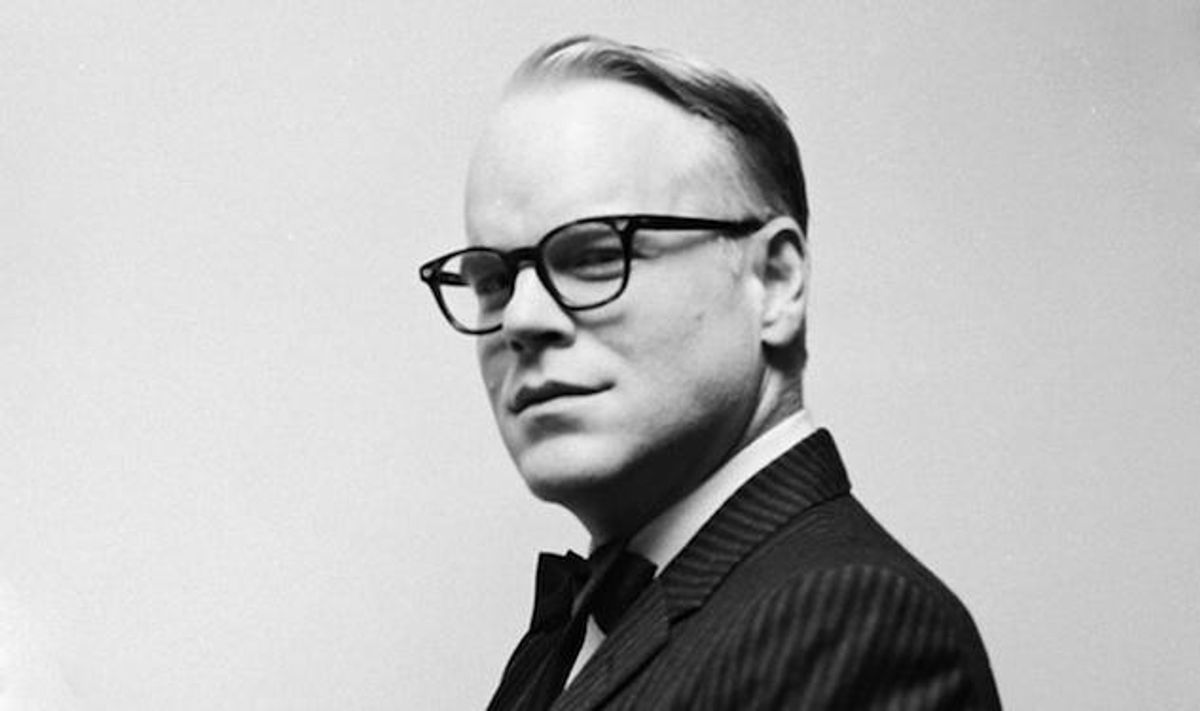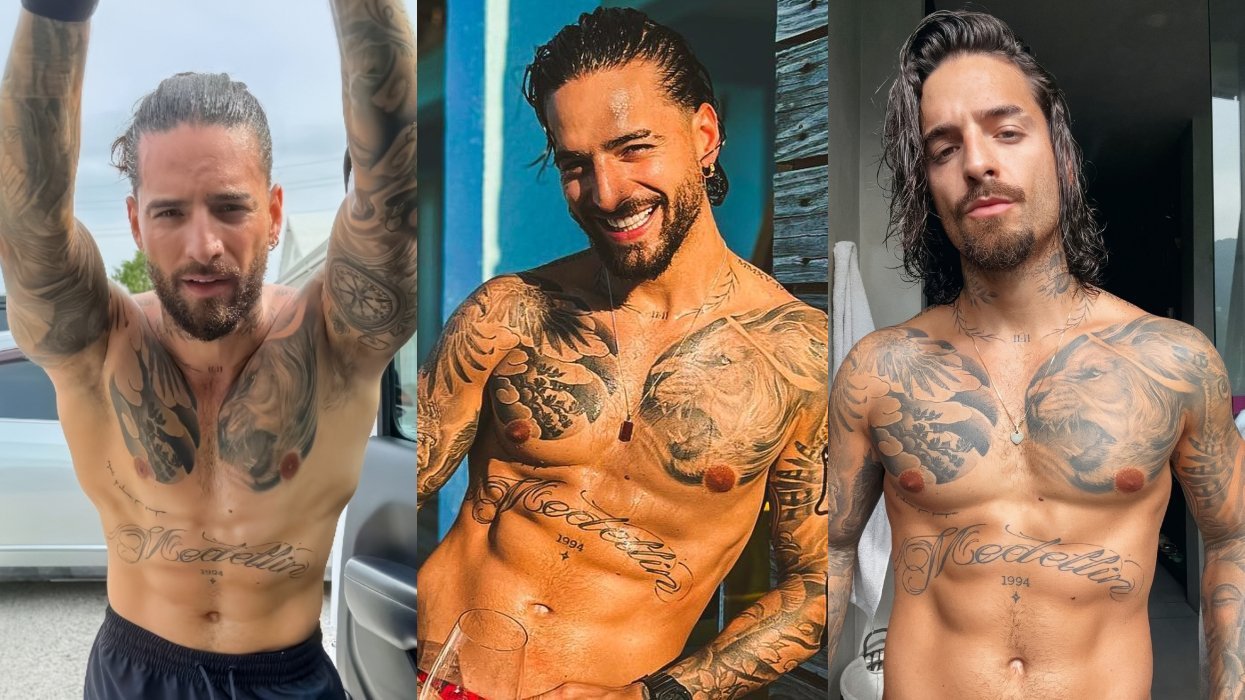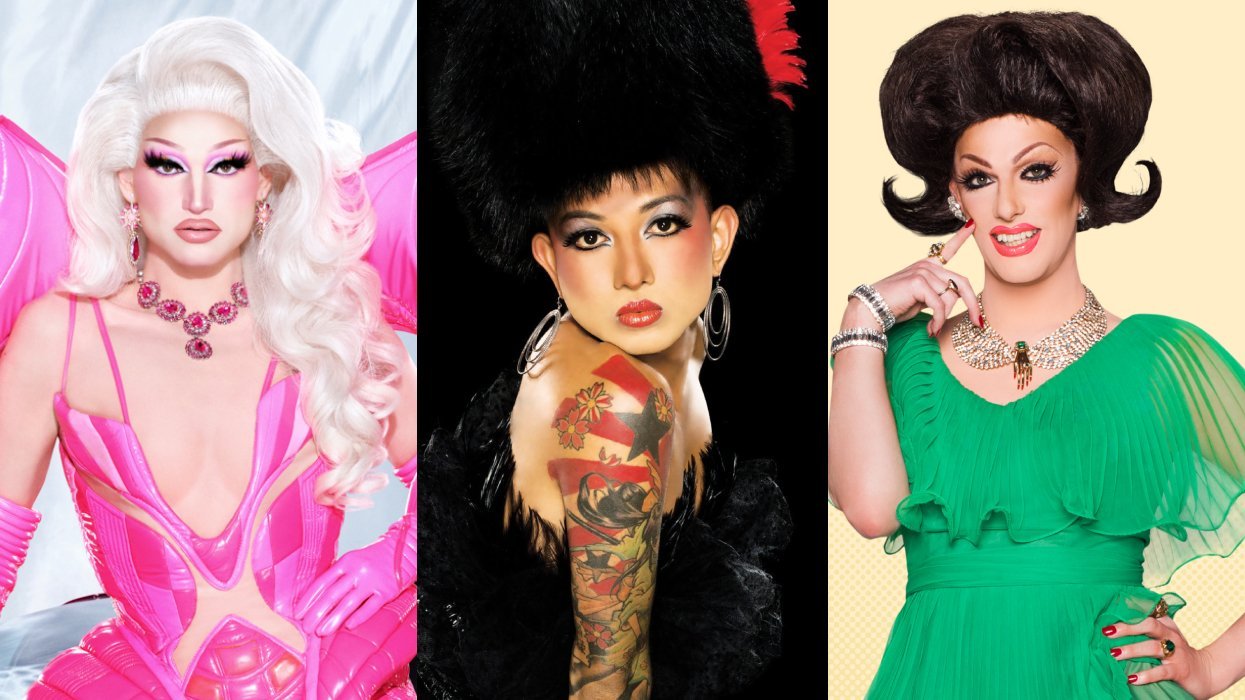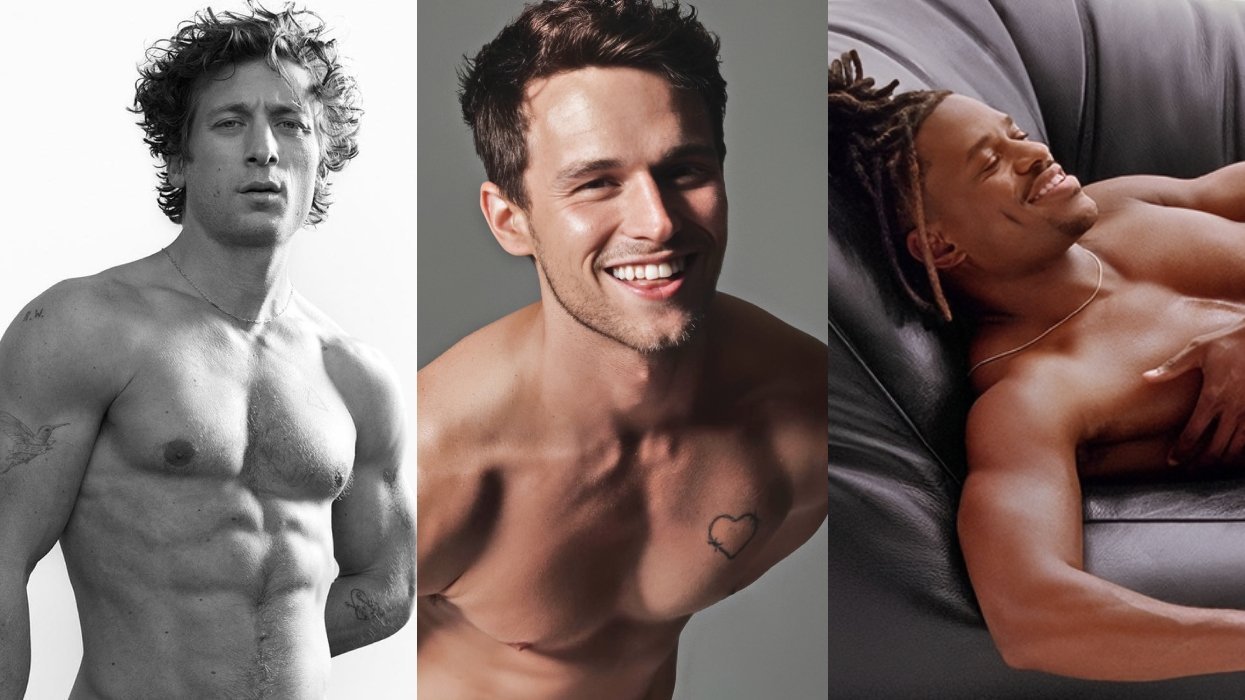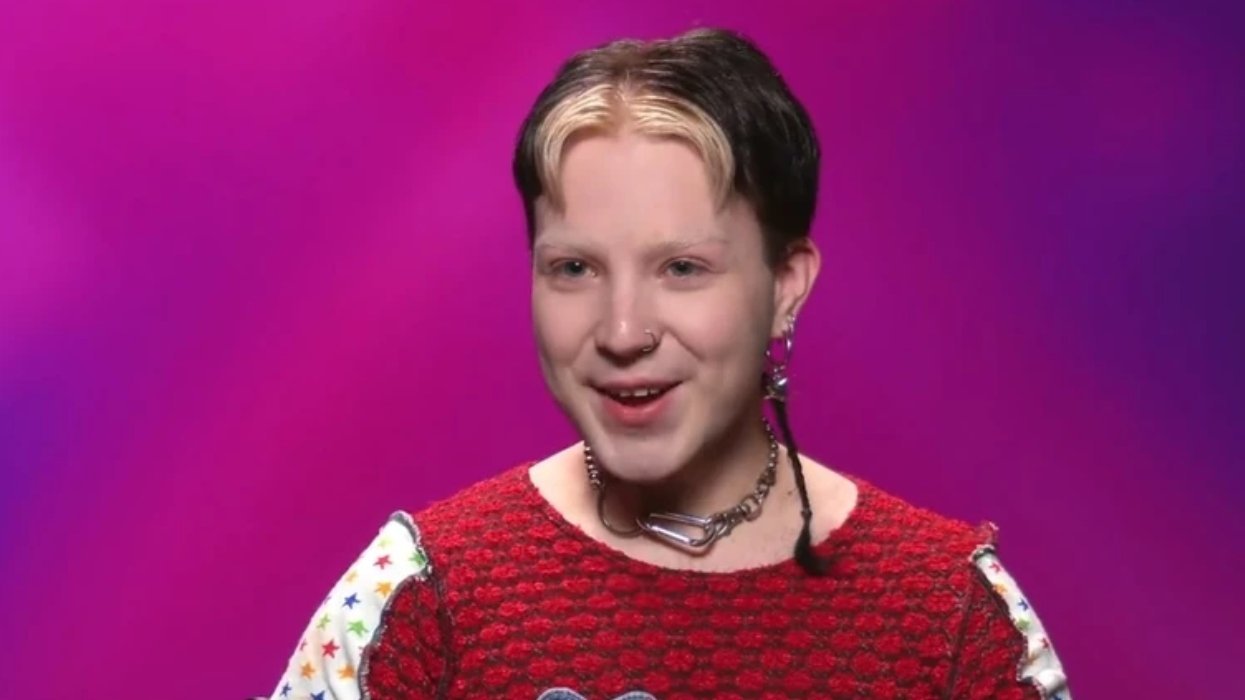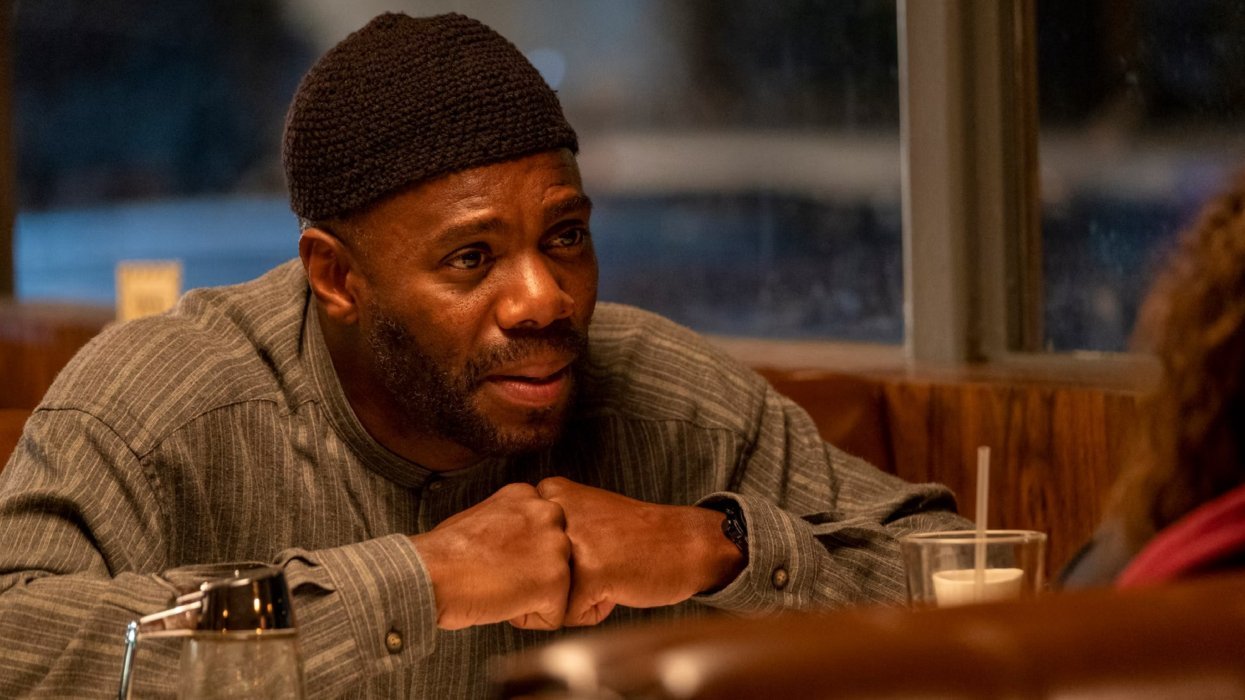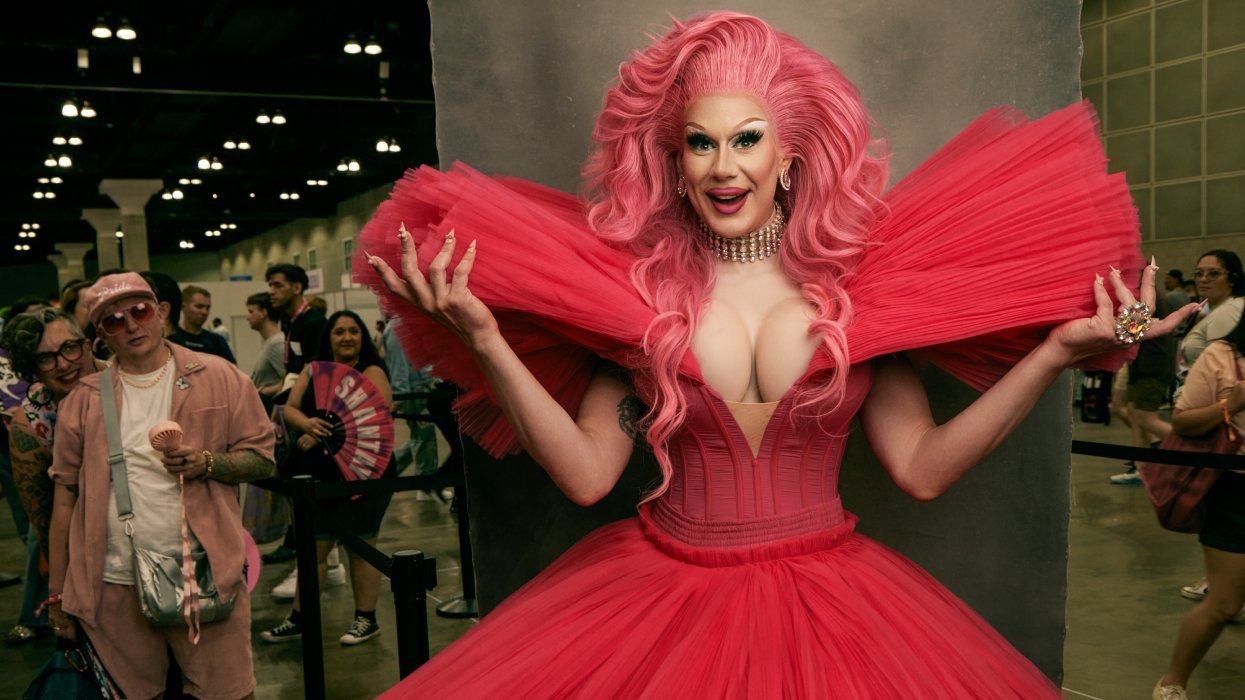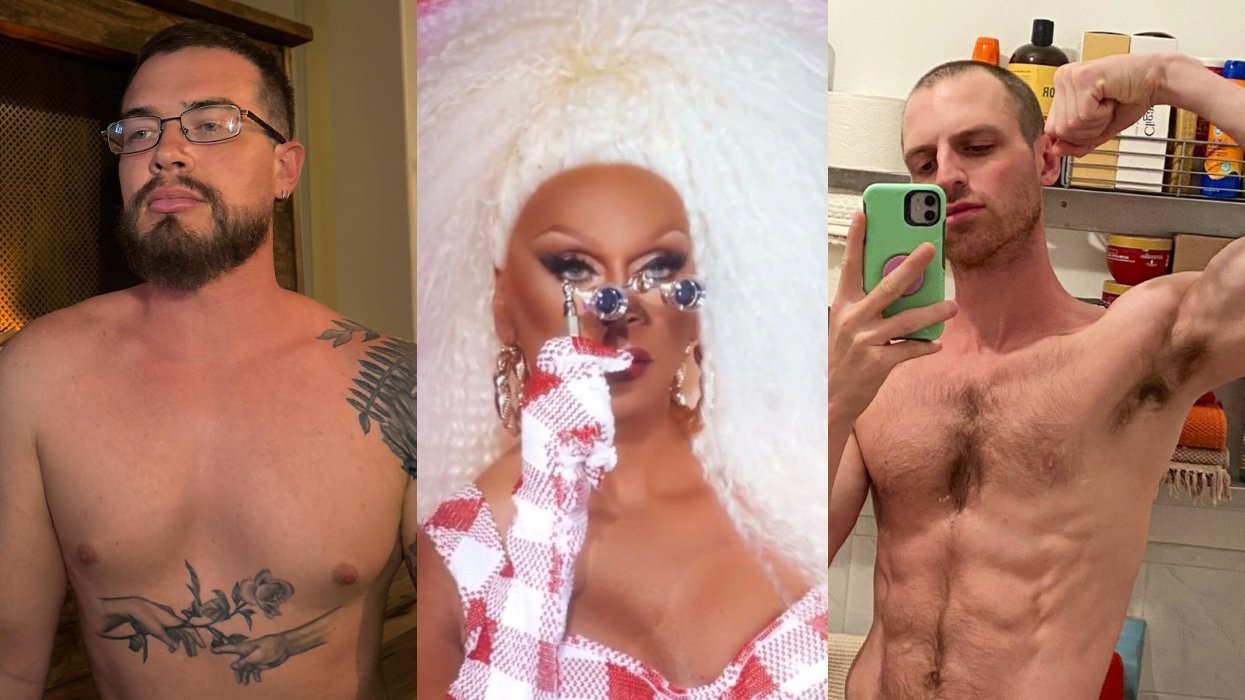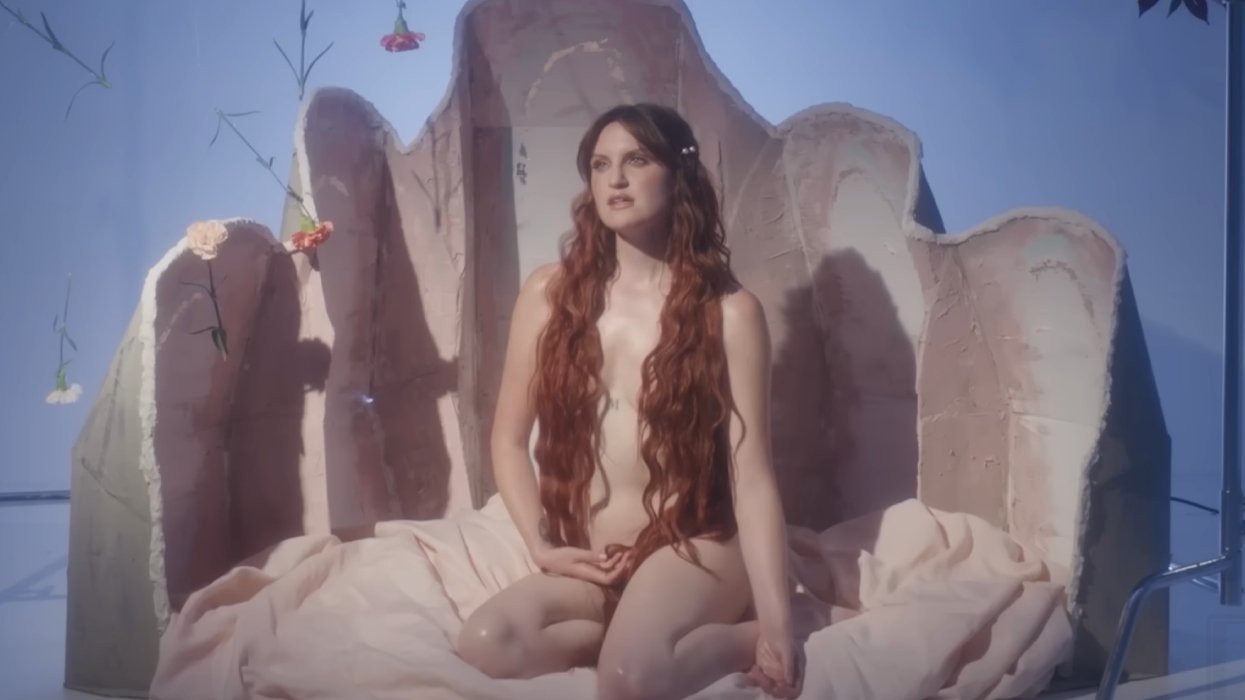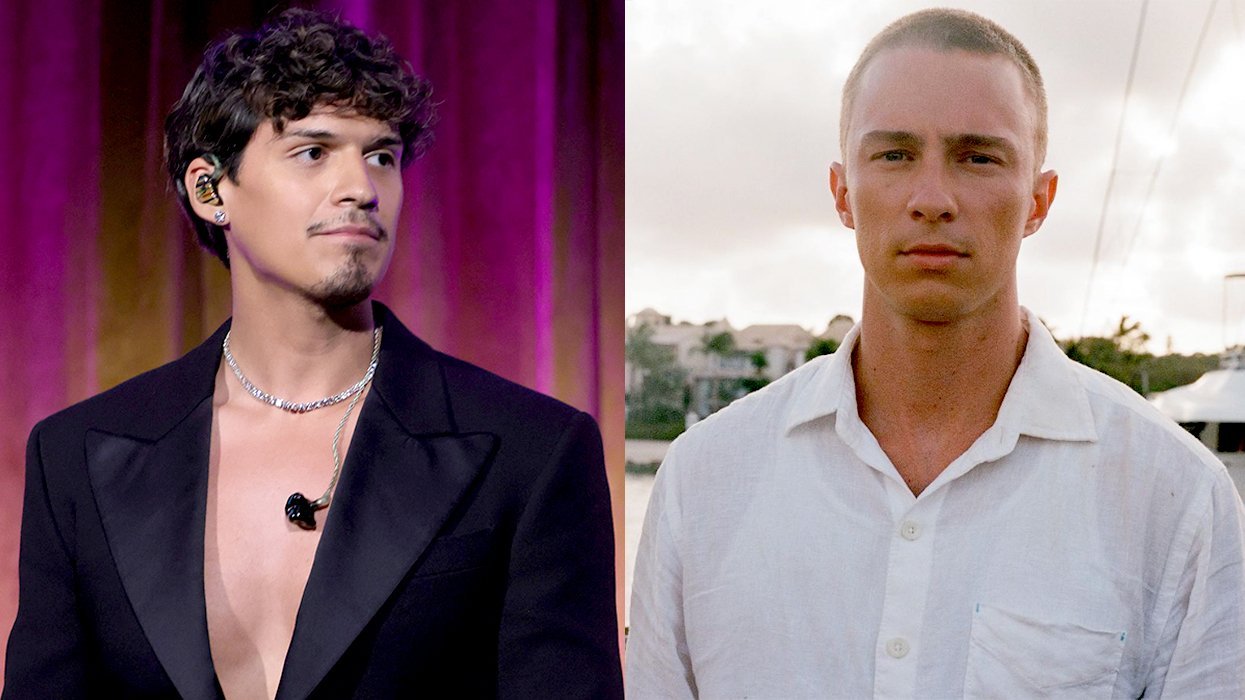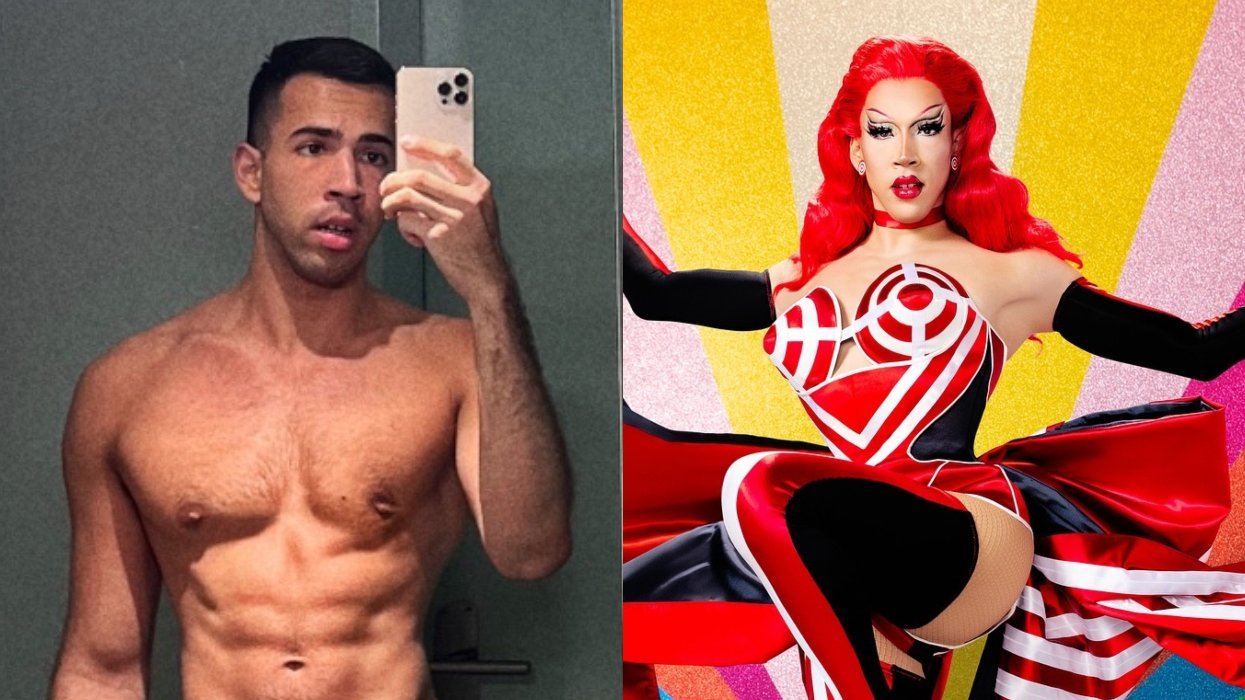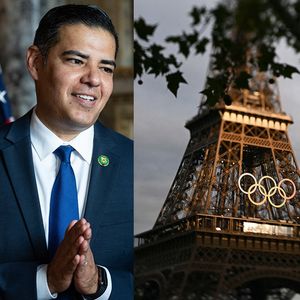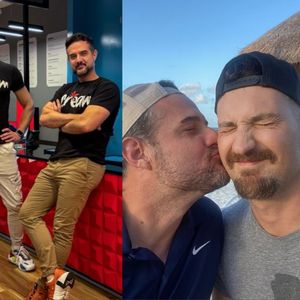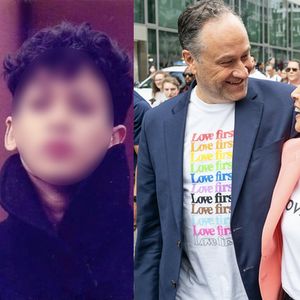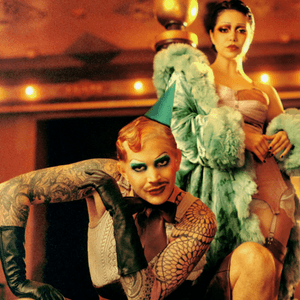Philip Seymour Hoffman in 2005 as Truman Capote
Philip Seymour Hoffman died Sunday morning, February 2, in his Greenwich Village apartment at the age of 46. While the cause of death is still unconfirmed, the New York City Police Department has confirmed the Academy Award winner's body was found with a needle in his arm with drug paraphernalia nearby, leading to speculation that Hoffman died of a drug overdose.
Hoffman, who checked into rehab in May 2013, had been open about his struggles with heroin addiction. "It was all that [drugs and alcohol], yeah, it was anything I could get my hands on... I liked it all," Hoffman said of his struggles with addition after graduating from New York University's drama school in a 2006 interview with 60 Minutes. "I went [to rehab], I got sober when I was 22 years old. You get panicked... and I got panicked for my life. It really was just that."
In the same interview, Hoffman also spoke of his empathy for young stars who lost their own battles and passed away from drug use. "I have so much empathy for these young actors that are 19 and all of a sudden they're beautiful and famous and rich. I'm like, 'Oh my God. I'd be dead.' You know what I mean? I'd be 19, beautiful, famous and rich. That would be it. I think back at that time. I think if I had the money, that kind of money and stuff. So, yeah [I would have died]."
Hoffman was well-known for playing several critically-acclaimed gay roles during his career including the drag queen Rusty in 1999's Flawless, Scottie J. in Boogie Nights, and Truman Capote in the 2005 film Capote--which earned him an Oscar for Best Actor. He also played a sexually ambigious Catholic priest opposite Meryl Streep in Doubt and the role of Freddie Miles in The Talented Mr. Ripley 1999.
In 2005, Hoffman spoke with Michael Musto and Out about his role in Capote. Here's an excerpt from that interview:
Musto: Capote is certainly not your introduction to playing gay. Are you drawn to gay projects or do they find you?
Hoffman: When I play somebody gay, I never think of it as "I'm playing a gay character." It's interesting to play all the different aspects of the character. There's something else about the character that's pulling me there that I identify with. With Flawless, it's not that he was gay--I found it more interesting that he thought he was a woman. With Capote, it's the story that he had as an artist. And in Boogie Nights, he was so completely stunted I don't even think he knew his attractions were of a gay nature.
Musto: Are you ever frustrated that you're cast as fringe characters?
Hoffman: It's never really frustrating. I don't judge the characters I play nearly as harshly as the people who watch them. I don't see them as so fringy. But I guess you're right. I've played a lot of people who live on the outside of things. The great thing about playing Capote is he was on the outside of things, but on the inside of everything. He was the it guy, the center of the party and attention. he was rubbing shoulders with Gore Vidal, Normal Mailer, and George Plimpton, for God's sake, and riding on yachts and hanging out with Babe Paley. This isn't Allen [the serial masturbator] from Happiness.
Musto: But I bet Capote made some obscene calls.
Hoffman: Yeah, to reviewers that did him wrong!
The actor will be dearly missed. Labyrinth Theater Company, the New York City organization that he was dedicated to, issue this statement:
"We are heartbroken by the loss of our beloved friend, Company Member, and former Artistic Director, Philip Seymour Hoffman. His contributions to the Labyrinth family as an artist and mentor are immeasurable. We join everyone in mourning the passing of one of the great lights of our generation."
